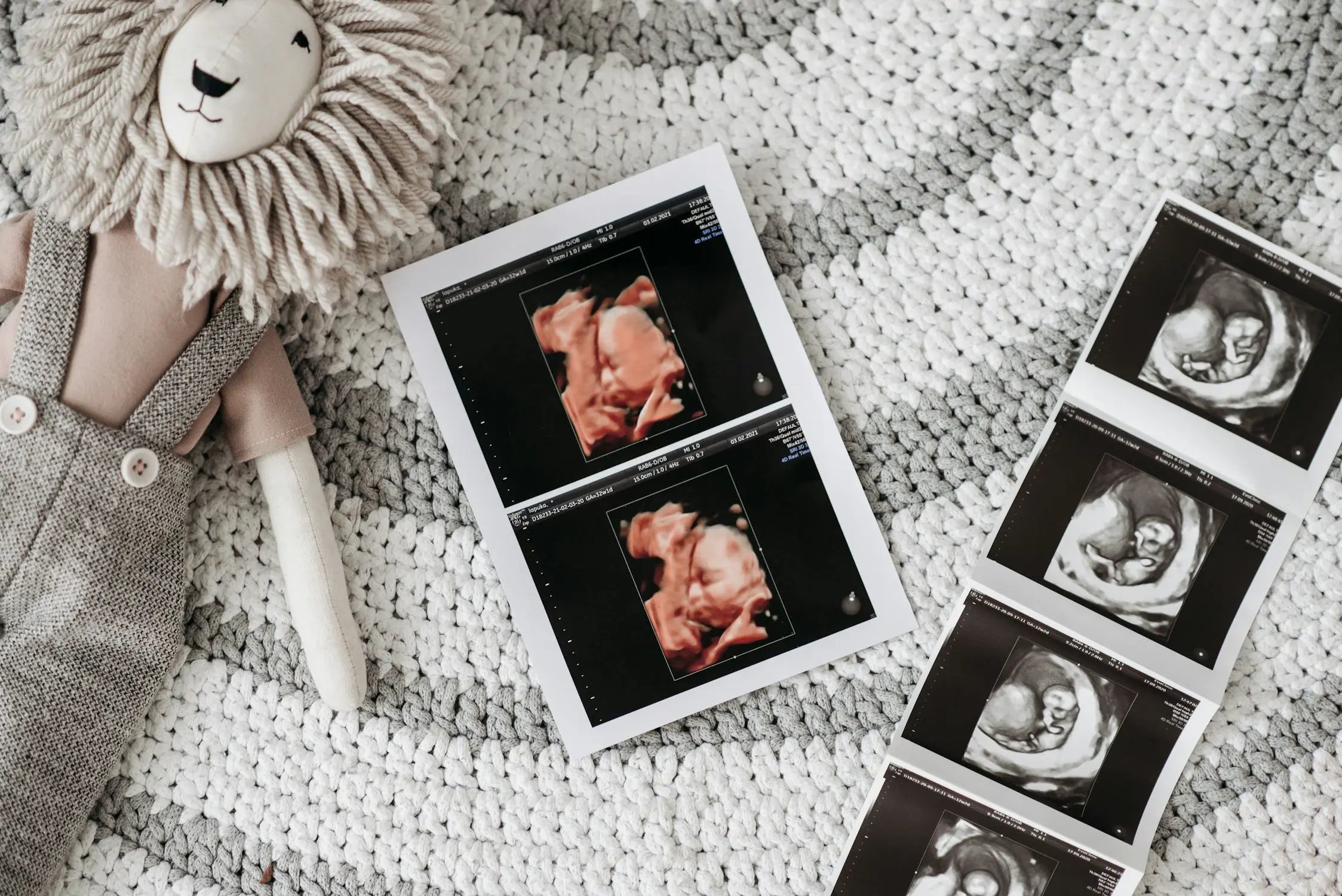Startseite
Pregnancy, Breastfeeding, and Pumping: The Ultimate Guide for Moms
Can I Take a Pregnancy Test at Night? Everything You Need to Know

Can I Take a Pregnancy Test at Night? Everything You Need to Know
When it comes to taking a pregnancy test, timing is everything. Many women wonder, Can I take a pregnancy test at night? The answer isn't as straightforward as you might think. While it's possible to take a test at night, there are factors that can influence its accuracy. This article dives deep into the science behind pregnancy tests, the best times to take them, and tips for ensuring reliable results.
How Pregnancy Tests Work
Pregnancy tests detect the presence of human chorionic gonadotropin (hCG), a hormone produced during pregnancy. This hormone is released when a fertilized egg attaches to the uterine lining. Most tests are designed to detect hCG in urine, making them convenient and easy to use at home.
Is Nighttime the Right Time?
Many experts recommend taking a pregnancy test first thing in the morning. This is because your urine is most concentrated after a night's sleep, which can increase the likelihood of detecting hCG. However, this doesn't mean that taking a test at night is completely ineffective. If your hCG levels are high enough, a test taken at night can still provide accurate results.
Factors That Affect Test Accuracy
Several factors can influence the accuracy of a pregnancy test, regardless of the time of day. These include:
- Hydration Levels: Drinking too much water can dilute your urine, making it harder to detect hCG.
- Test Sensitivity: Some tests are more sensitive than others and can detect lower levels of hCG.
- Timing: Taking a test too early in your cycle can result in a false negative.
Tips for Taking a Pregnancy Test at Night
If you decide to take a pregnancy test at night, follow these tips to improve your chances of getting an accurate result:
- Limit Fluid Intake: Avoid drinking large amounts of water for a few hours before taking the test.
- Use a High-Sensitivity Test: Opt for a test that can detect lower levels of hCG.
- Wait for the Right Time: If possible, wait until you've missed your period to take the test.
What to Do If You Get a Negative Result
A negative result at night doesn't necessarily mean you're not pregnant. If you suspect you might be pregnant but receive a negative result, consider retesting in the morning or waiting a few days before trying again. Your hCG levels double every 48 to 72 hours in early pregnancy, so waiting can make a significant difference.
When to See a Doctor
If you continue to receive negative results but experience pregnancy symptoms, it's a good idea to consult a healthcare professional. They can perform a blood test, which is more sensitive than a urine test, to confirm whether you're pregnant.
Taking a pregnancy test at night is possible, but understanding the factors that influence its accuracy can help you make informed decisions. Whether you're eagerly hoping for a positive result or simply seeking clarity, knowing the best practices for testing can ease your mind and provide reliable answers.
Teilen
